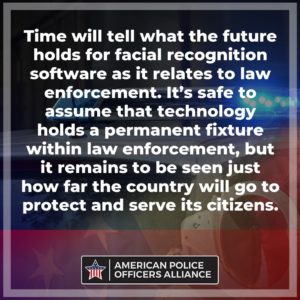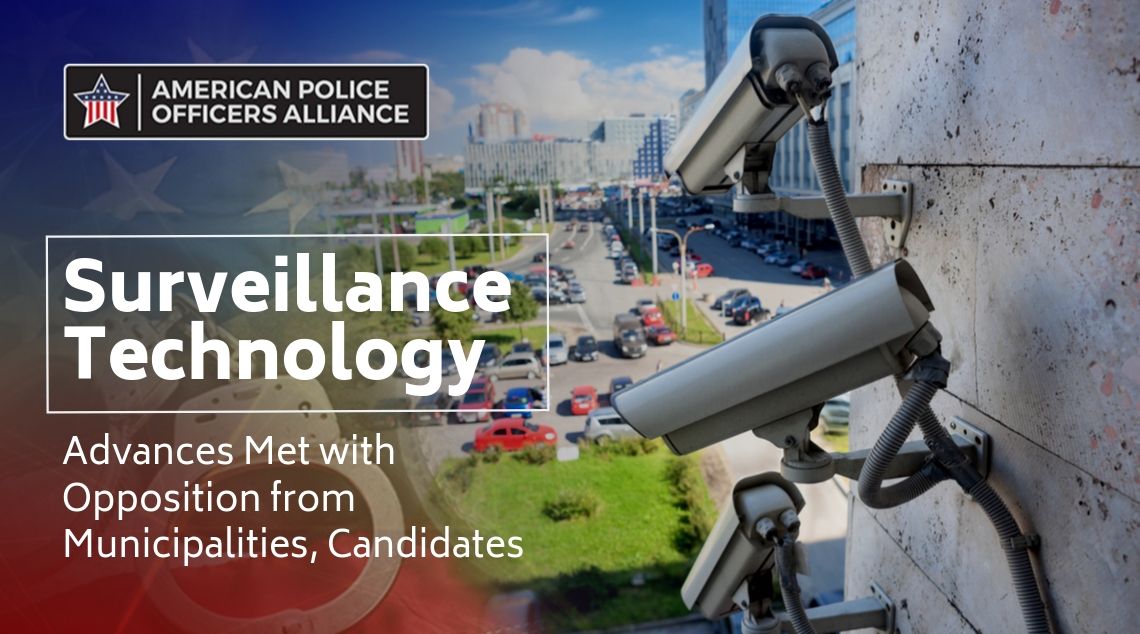The advent of more advanced technology has taken the world by storm in recent years. From the first iterations of Amazon’s Alexa smart speakers to the creation of facial recognition technology used in everything from cell phones to police scanners, technology has irreversibly made itself a part of everyday life.
Not everyone is thrilled with this omnipresent technology. Many are wary of the pitfalls of such heavy reliance on technology. This is true for some police jurisdictions, where facial recognition technology use has been on the rise in an attempt to close the loop on criminals. But this technology has met with healthy opposition, leading to all out bans on facial recognition software from cities such as San Francisco.
Why the caution? Privacy concerns are at the forefront of the pushback on such technology. Progressive Democratic Presidential hopeful Bernie Sanders has also vehemently opposed the employment of facial recognition software. Sanders is the first candidate to propose a total ban on the use of this technology, citing concerns for privacy and profiling as his top concerns.

Because this sort of technology has shown concerning trends regarding the likelihood for profiling based on skin color and gender, this is a cause for concern for many. “Police use of facial recognition software is the latest example of Orwellian technology that violates our privacy and civil liberties under the guise of public safety and it must stop,” a Sanders campaign spokesperson said in an interview.
Is there an argument for the benefits of using this technology? Perhaps, many say, if the technology continues to improve and shows consistent aversion to bias based on race, gender, or other factors.
“This technology is still developing,” former Boston police commissioner said in an interview with the New York Times, “and as it improves, this could be the answer to a lot of problems we have about securing our communities.” Others argue that this software could be useful in cases in which police had a warrant or other probable cause to surveil in search of suspects.
In reality, facial recognition technology has been in use for decades. Databases hold information such as driver’s license photos, which can be crawled in search of matches by investigators. But this newest tech represents a shift in privacy matters. Should the government and/or law enforcement have the right to scan the faces of every individual within range, seeking out criminal potential or looking for outstanding warrants that may need to be reconciled? Many are hesitant to endorse what seems to be quite invasive technology, but others say that this is useful in some situations.
Those concerned with the civil liberties of Americans also voice concerns that citizens, in many of these purported scenarios, cannot consent to having their faces scanned or their information accessed. This, these advocates argue, is a risk that may inhibit people from going about their private business, well, privately. Combined with the tendency for many programs to show bias based on race or gender, the risks of using this type of software are still significant.
Time will tell what the future holds for facial recognition software as it relates to law enforcement. It’s safe to assume that technology holds a permanent fixture within law enforcement, but it remains to be seen just how far the country will go to protect and serve its citizens.
Combatting criminal activity with technology has its pros and cons on both sides. It’s important for both the police and the community to be aware of the technologies that are being used and their rights. Read here some of the most common benefits and downfalls of technology in law enforcement.










